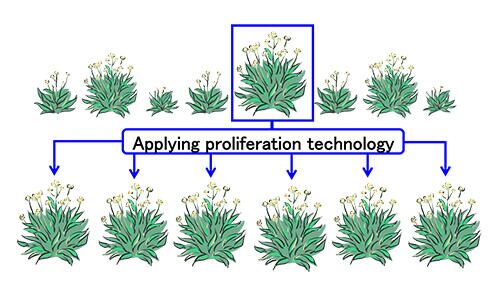Bridgestone: New technology to raise guayule rubber productivity

Bridgestone Corporation reports it has developed a new technology for improving the rubber productivity of guayule plants. It worked on this technology in a joint development project with Kirin Holdings Company, Limited, a company perhaps better known for beer and other beverages.
The project pairs Kirin Holdings’ technologies with Bridgestone’s guayule cultivation expertise. Bridgestone says this combination has aided the large-scale breeding of guayule plants from high-quality seeds. The aim of this work is to increase the rubber output from guayule farms in order to meet demand from tyre industry and other customers, as well as to diversify the global supply of natural rubber.
Bridgestone will field test the new technology on guayule seedlings grown at its 287-acre (116-hectare) Agro Operations Research Farm in Arizona, USA. It may also use the new technology to support the guayule breeding process in order to more rapidly obtain a desired genotype for testing and production.
Quality guayule for practical use
More than 90 per cent of the world’s natural rubber supply is extracted from the Para rubber tree, which primarily grows in Southeast Asia. Bridgestone launched its guayule research and development efforts in 2013 to help diversify the world’s natural rubber supply. “Utilising the Kirin Holdings’ world-class bio technology, we will develop the technology for propagating massive stable quality guayule for practical use,” states Bridgestone.
In addition to the Agro Operations Research Farm in Eloy, Arizona, Bridgestone operates the Biorubber Process Research Center in nearby Mesa, Arizona, where a team processes guayule-derived natural rubber for testing in tyre applications.


 DVSA
DVSA
Comments